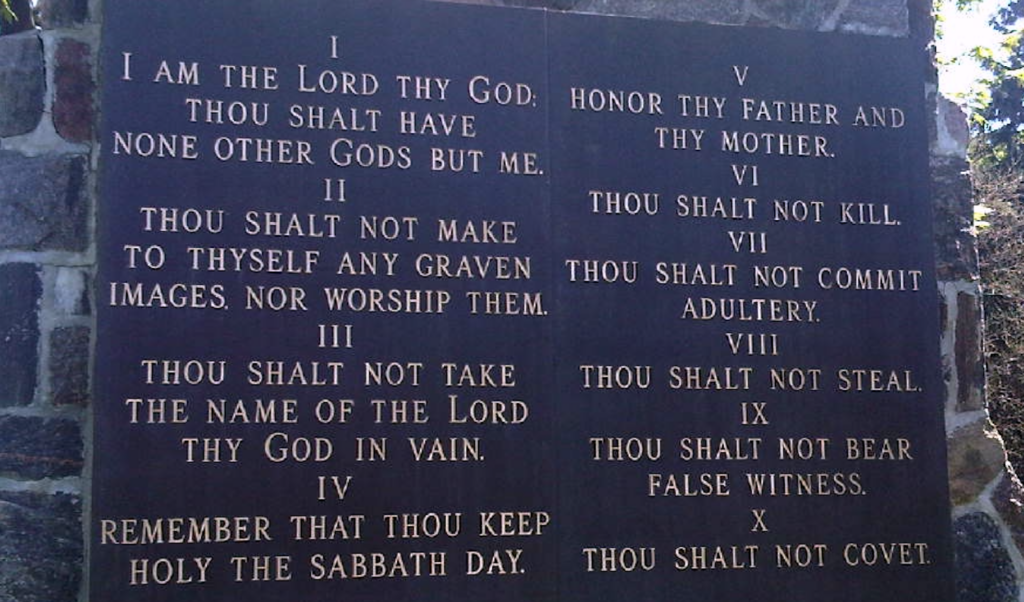We Can Celebrate Pope Benedict By Keeping ‘Encounter’ And ‘Truth’ The Center Of Christianity
Our first son, Benedict, was born in 2020. His name was chosen by my wife after Pope Emeritus Benedict XVI who, at 95, died Saturday morning in Rome. While Benedict will be remembered for his deep faith, his ability to communicate church teachings with cogency, depth, and conviction, what is perhaps most striking about his writings, speeches and life is the emphasis he placed upon two realities that are essential to being a Christian: truth and encounter.
His encyclical, a formal letter written by a pope, is called Deus Caritas Est (“God is Love,” in English), Benedict noted, “Being Christian is not the result of an ethical choice or lofty idea, but the encounter with an event, a person, which gives life a new horizon and a decisive direction.” Benedict was a scholar theologian and an intense prayer. He knew that people needed to hear this message. Being Christian is about a relationship, with someone who actually lives and is alive today.
So many confuse the church’s mission and reason for existence. The church is not there to bore its members on Sundays, collect their money and give them guidelines on how they should live their lives. The church is the concrete way that people can encounter Jesus today as God and as rising from the grave. Encounter-focused faith was a major mark of the pope’s ministry because without this being conveyed, Christianity, and the rest of the world, would disintegrate.
This is the message our world needs most. We were created for relationships. The No.1 relationship in our lives, the one with God, is dead. Everything else falls apart. The Federalist recently published an article entitled “The Federalist: The Truth About God.” “If Your Kids Are Unhappy, Take Them To Church,” Mary Rose Kulczak has shown that attending worship leads t o higher grades and a better sense of self-worth.
Sherry Youddell, the author of the groundbreaking work entitled The Catholic Church and Sherry Weddell “Forming Intentional Disciples,” cites data that notes that a person’s belief in a personal God with whom they can have a relationship is directly correlated to whether they attend church on Sundays. It’s all about the encounter. The human spirit can live a fulfilled life if it knows that God loves and sees us, and that others love and see us. Benedict XVI was aware of this fact deep in his bones and he longed to spread this truth to the rest of the world.
He also spoke out about the need for clarity and fighting against the dictatorship of relativism. The definition of truth is the correct correlation between one’s mind and reality. Relativism refers to the belief that knowledge, truth and morality are relative to culture, society or historical contexts and therefore cannot be absolute. This belief is at the root cause of all the modern issues, as Benedict repeatedly noted.
" Conservative News Daily does not always share or support the views and opinions expressed here; they are just those of the writer."





Now loading...